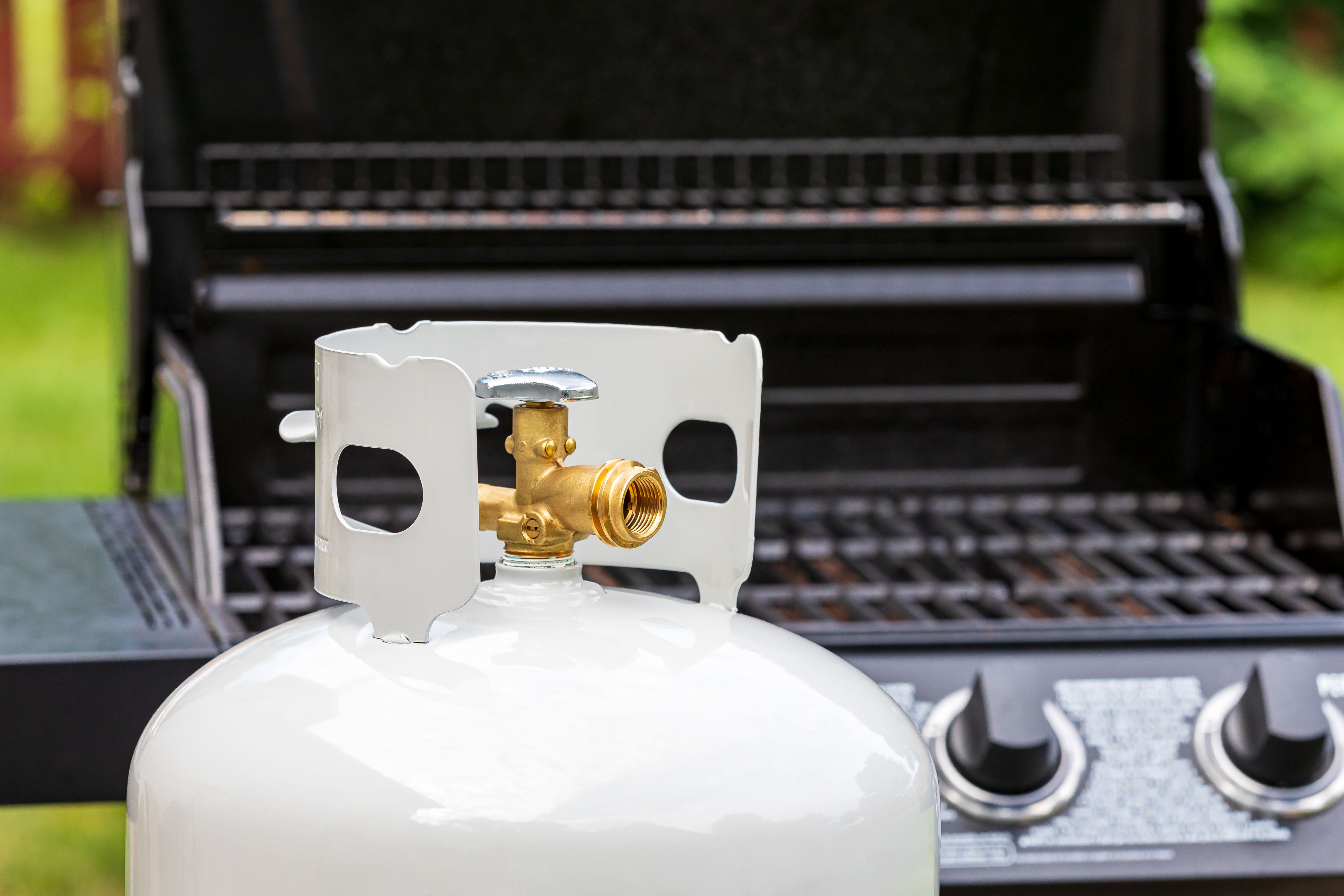Propane vs. Natural Gas for Heating and Cooking
Understanding the Basics: Propane and Natural Gas
When it comes to choosing a fuel source for heating and cooking, the decision often narrows down to propane and natural gas. Both options have distinct characteristics and benefits, making them suitable for different needs and preferences. Understanding these differences can help homeowners make an informed decision that aligns with their lifestyle and budget.
Propane is a byproduct of natural gas processing and petroleum refining. It is stored in liquid form in tanks and is often used in rural areas where natural gas pipelines are not available. Natural gas, on the other hand, is a fossil fuel that is delivered directly to homes through a pipeline network, making it a convenient option for urban and suburban areas.

Cost Considerations
The cost of fuel is a significant factor for many homeowners when choosing between propane and natural gas. Natural gas is generally less expensive than propane per unit of energy. However, the price difference can vary depending on your location and the fluctuations in the energy market. It's important to compare local prices and consider the long-term costs associated with each option.
For those in areas without natural gas access, propane may be the only feasible choice despite its higher per-unit cost. Additionally, the initial setup cost for propane—such as purchasing or leasing a tank—should also be considered when calculating total expenses.

Efficiency and Performance
Both propane and natural gas offer high efficiency, but propane has a slight edge in terms of energy content. One cubic foot of propane contains more energy than a cubic foot of natural gas, which means you may need less propane to achieve the same level of heating. This can lead to better performance in colder climates or for high-demand applications like cooking.
However, the efficiency of your appliances also plays a crucial role. Modern appliances are designed to maximize the energy efficiency of both fuels, so it's essential to choose equipment that is optimized for your selected fuel source.
Environmental Impact
Environmental considerations are increasingly important in fuel choice. Natural gas is often touted as a cleaner-burning fossil fuel compared to other options like coal or oil. It produces fewer emissions of pollutants like sulfur dioxide and nitrogen oxides, making it a more environmentally friendly choice.
Propane is also considered a clean-burning fuel and is not harmful to soil or water. It emits less carbon dioxide than gasoline and diesel when burned, which makes it a viable option for those looking to reduce their carbon footprint. Ultimately, both fuels can be part of a sustainable energy strategy when combined with energy-efficient appliances.

Convenience and Availability
The availability and convenience of each fuel type can significantly influence your decision. Natural gas offers unmatched convenience due to its steady supply through pipelines, eliminating the need for storage tanks or regular delivery.
Propane, while requiring storage tanks, offers flexibility in terms of location. It can be used in remote areas where natural gas infrastructure doesn't exist, providing an essential energy solution for rural homeowners.
Final Thoughts
The choice between propane and natural gas ultimately depends on various factors including cost, efficiency, environmental impact, and availability. By considering these elements and assessing your specific needs, you can select the right fuel that ensures comfort and sustainability for your home.
Commercial Kitchen Marketplace
Your one-stop online destination for equipping professional kitchens. Discover a wide selection of durable, high-quality commercial-grade appliances, from heavy-duty ovens and refrigeration units to efficient food preparation tools and essential kitchenware. Visit our store: http://avice.org
